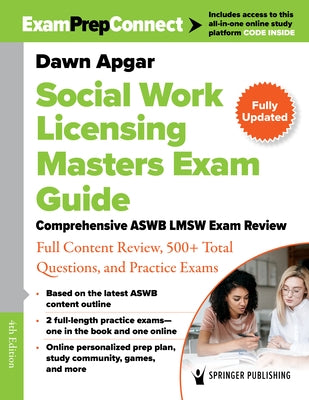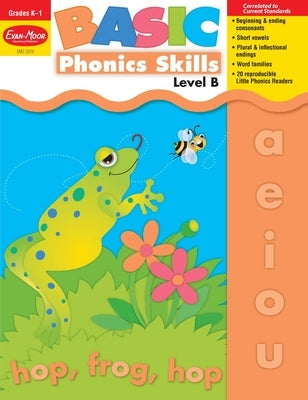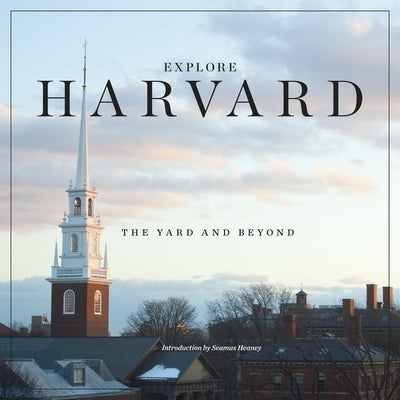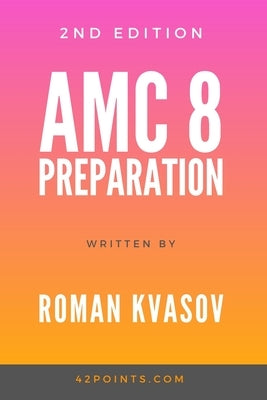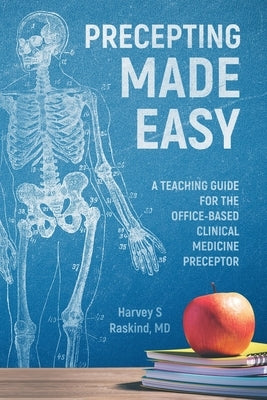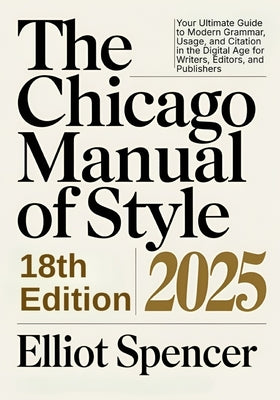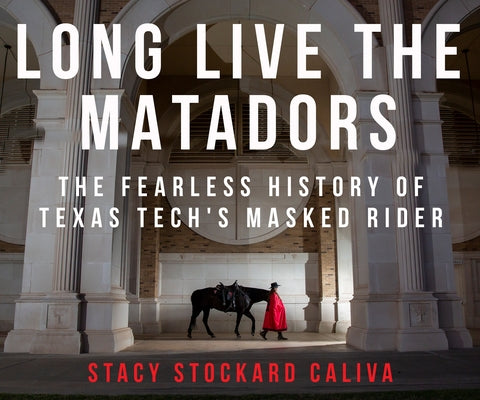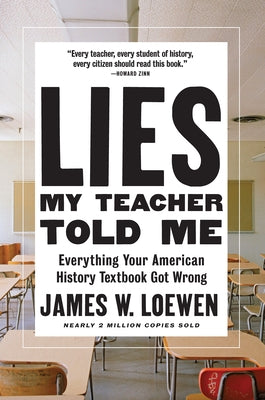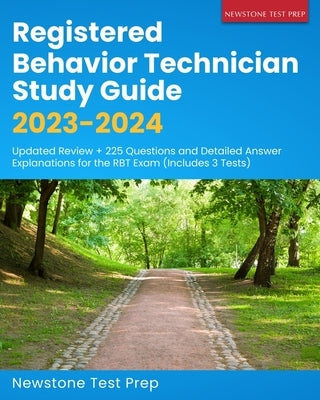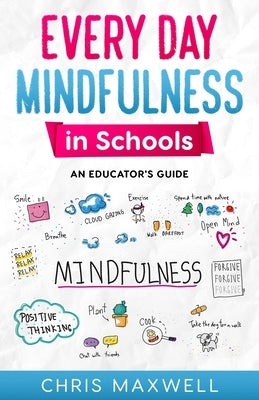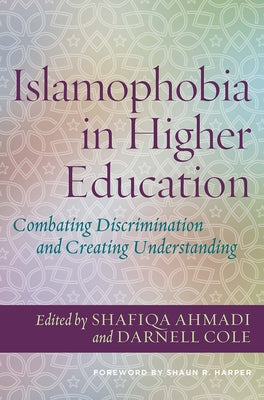While Islamophobia was present in our society before 9/11, it has become more pervasive in recent years. This is evidenced by the current social and political climate, hate speech and hate crimes directed at Muslims, and the Supreme Court's upholding of Presidential Proclamation 645 that effectively bans Muslim immigration from coming to the U.S. What does this mean for Muslim students in college, and indeed for institutions of higher education as they navigate law and policy on the one hand and adhere to their mission of achieving inclusive and equitable educational environments on the other? Two thirds of Muslims in the U.S. are vexed with current policy, and there has been an alarming increase in reports of bigotry and discrimination against them since the 2016 presidential elections. The fear of Islam, in general, and Muslims, specifically, not only compels non-Muslims to differentially treat Muslims, but also trade some of their own civil rights and civil liberties under the guise of national security. To address these issues, institutions require a nuanced understanding of laws and policies that institutionalize Islamophobia, and a greater understanding of the diverse college students that identify as Muslim. This book fills what has been a dearth of research that explores the experiences and navigation of Muslim students in colleges and universities, and addresses the even less studied domain of the experiences of Muslim students who hold multiple marginalized identities -- such as race, ethnicity, and LGBTQ status - as well as the intersection of those identities that may create multiple burdens of oppression and discrimination. This book begins by critically engaging with how current laws and policies institutionalize Islamophobia and affect the intersectionality and diversity within the Muslim community. It includes multidisciplinary voices, such as an international human rights attorney, a civil rights attorney, a criminal law attorney, student affairs practitioners, and research faculty whose work on this marginalized student population is traditionally not recognized within academic settings; and brings the voices of female Muslim scholars to the fore. Each chapter includes a critical analysis of the literature, a legal analysis when appropriate, a set of recommendations for policy and practice, and discussion questions.
About the AuthorShafiqa Ahmadi, JD, is an Associate Professor of Clinical Education at the Rossier School of Education (Rossier) and the Co-Director for the Center for Education, Identity and Social Justice. She is an expert on diversity and legal protection of underrepresented students, including Muslims, bias and hate crimes, and sexual assault survivors. Prior to joining the Rossier faculty, she taught at the Gould School of Law and was a Visiting Researcher at the Center for Urban Education, at Rossier. She has also served as a Research Associate at the Research Institute at Rossier where she worked on a grant awarded by the Department of Education (DOE) designed to prevent and reduce on-campus sexual assault. Prior to joining USC, she worked for the Hawaii Civil Rights Commission, where she investigated alleged violations of civil rights and discrimination in areas such as employment, housing, and access to state and state funded services.Ahmadi received her Doctor of Jurisprudence from Indiana University Maurer School of Law, at Bloomington, Indiana. While in law school and graduate school she focused on Employment Discrimination Law, Corporate International Law, Middle Eastern Languages and Cultures, and Islamic law (Shari 'a). Dr. Darnell Cole is an Associate Professor of Education with an emphasis in higher education and education psychology. His areas of research include race/ ethnicity, diversity, college student experiences, and learning. Previously he served as an Associate Professor in the Department of Educational Administration at the University of Hawaii, Manoa (Honolulu). He was also a faculty member at Marquette University. He completed his undergraduate work at the University of North Carolina, at Charlotte and received his M.A. and Ph.D. degrees at Indiana University, Bloomington. He is on the review board of the Journal of College Student Development.He has published over 40 articles, special issues, and book chapters. He is also featured in the major

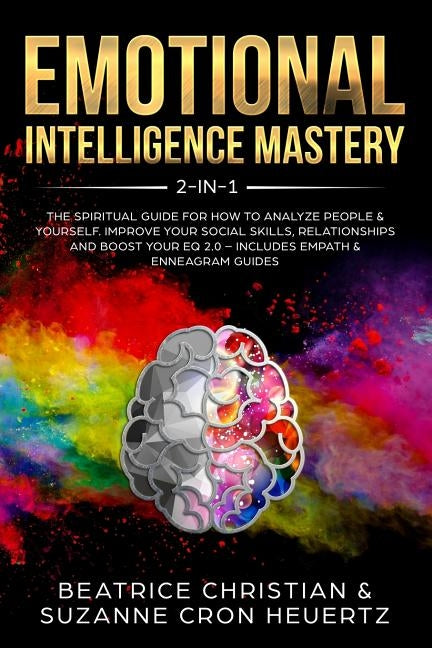


![Russian Alphabet Made Easy: An All-In-One Workbook To Learn How To Read And Write The Russian Script [Audio Included] by Lingo Mastery](http://surprisecastle.com/cdn/shop/files/img_b4b56df8-9f70-4ab5-80fc-b44a030d9de5.jpg?v=1733021729&width=533)

